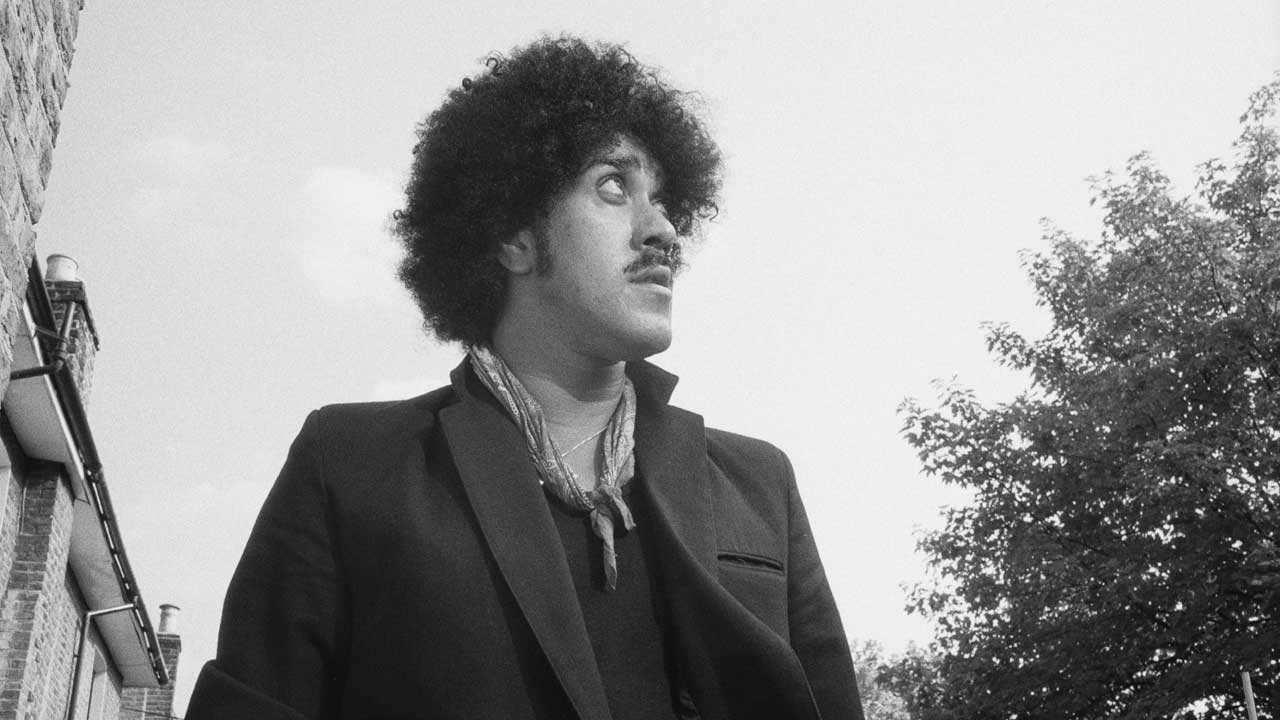You can trust Louder
Gene Simmons says of this two-CD set: “The only thing our tunes hopefully have is some catchy melodies and something you can sing along with.” It’s true. With a running time of a little over 30 minutes, Love Gun, Kiss’s sixth studio album (1977), is chock-full of snappy, three-minute pop-metal diamonds, among them a trio of crown-jewel classics: I Stole Your Love, Shock Me (with Ace Frehley’s debut lead vocal) and the title track.
There are plenty of bolt-on goodies: sleevenotes by Def Leppard’s Joe Elliott; Ken Kelly’s preliminary album-cover sketch, rejected by Kiss due to its absence of ‘fetish girls’; the stories behind the songs; a slew of demos and live tracks, only one of which (Reputation) has been released before.
But the potential for this to be the greatest deluxe edition of all time is ruined by a too-clean remastering job, plus, if truth be told, a track that has dated badly in Christine Sixteen. Simmons’ sleazy spoken-word passage, which was somewhat buried in the original, now sounds too crisp’n’clear for comfort: ‘I don’t usually say things like this to girls your age, but when I saw you coming out of school that day… That day I knew – I KNEW – I’ve got to have you, I’ve got to have you.‘The lyric ‘She’s been around but she’s young and clean’ doesn’t help either.
Of course, one should place the song in the context of the era: the lascivious 1970s. But like a TV repeat of Mind Your Language, it doesn’t sit comfortably in these more enlightened times./o:p
Sign up below to get the latest from Classic Rock, plus exclusive special offers, direct to your inbox!
Geoff Barton is a British journalist who founded the heavy metal magazine Kerrang! and was an editor of Sounds music magazine. He specialised in covering rock music and helped popularise the new wave of British heavy metal (NWOBHM) after using the term for the first time (after editor Alan Lewis coined it) in the May 1979 issue of Sounds.


